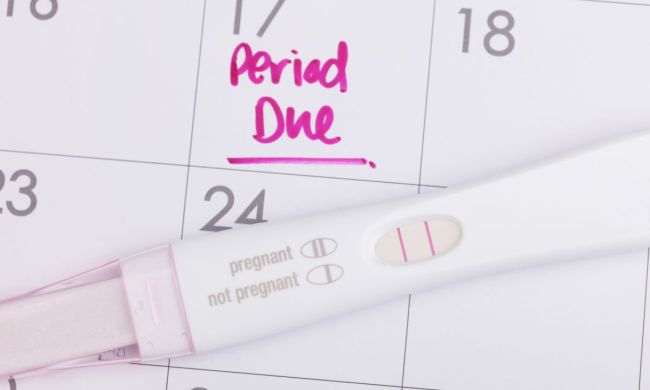Being a new mom is a beautiful experience. You carried a precious little package for nine whole months and it’s finally been delivered. When welcoming a new baby into the world, there are a lot of things to consider, items to buy, and necessities to have. You’re suddenly preoccupied with your baby’s sleep training, potty training, speech training, and hygiene. Sometimes you spend so much time thinking about what your baby needs, it can be difficult to remember you need to put yourself first sometimes, too.
One super comfy and convenient way to make life as a new mom a little easier is nursing pajamas. As a new mom, you get to hang out in your PJ’s quite a bit and you totally deserve it. There are many types of nursing pajamas available so check out some of the best ones to ensure many cozy and convenient nursing sessions with your little one.

Button-down
Buttons are all about easy removal without having to pull off your entire shirt. That is why a button-down pajama top makes a perfect nursing shirt. Button-down nursing pajamas are designed to be comfortable and provide easy access for nursing. They come with a matching pair of pajama pants so you can stay comfy and stylish all day long. Look for this pajama style in warm, lightweight material. It will make wearing it throughout the day practical and functional. Button-down pajamas allow you to just unbutton a couple of the top buttons for your baby to nurse, making it convenient, quick, and easy when you’re a busy new mom.
All cotton, all day
Cotton is a favorite material of many. It is soft, anti-itch, and just feels good next to your skin. Cotton makes a great material for nursing pajamas. It ensures that you won’t have any issues with your sensitive skin around the nursing area. Cotton pajamas are lightweight and soft, and you can find nursing ones in all kinds of styles and designs. No matter what type of pajama style you love the most, choosing a cotton fabric will help you stay comfy and cozy.
Cotton is also great when you’re holding your newborn or nursing. The material will ensure that your baby’s skin is never irritated.
Relax in a robe

Robes are the definition of relaxation. Nearly any fancy or moderately fancy hotel you go to provides complimentary robes. Why? Because they are the best way to unwind and relax. So, as a new mother, you deserve a robe! Robes provide easy access for nursing moms, are super soft and comfy, and will make you feel like you’re on vacation. You can also match a robe with other pajama styles for extra warmth and comfort.
Nightgown nursing
Nightgowns are great if you hate wearing pants. They are like cozy, bedtime dresses that never get old. This stylish pajama type is also a great choice for nursing. It is important to ensure that the nightgown you get is specifically for nursing babies. Nursing nightgowns are designed to have openings or flexibility around the chest area for easy access. They come in many designs so you can decide what type is easiest and best for you and your baby. They are perfect for making you feel comfy while nursing.
Shorts for the summer

If you aren’t all about the nightgown look or you’re not a fan of pants, then shorts may just be your pajama cup of tea. Shorts have always been comfy and pajama shorts are even more comfy. They are baggy and loose, making them the ultimate nursing pajamas. After having a baby, your body continues to go through a lot of changes. You are healing and there may be bloating, scarring, stretching, and more. So, the last thing you want is to feel constricted.
Luckily, shorts are light, comfortable, and perfect for hot, summer months. Pajama shorts can be paired with button-down nursing shirts or nursing camisoles that provide easy access for breastfeeding. Many nursing pajamas come in sets, so just look for ones with shorts for bottoms.
Regardless of what style pajamas you love, getting a new set will be a comfy treat for you to enjoy. There are many great styles designed to be comfortable, warm, and provide easy access for nursing. You will love how comfortable nursing your baby can be with these cute, stylish pajamas.


